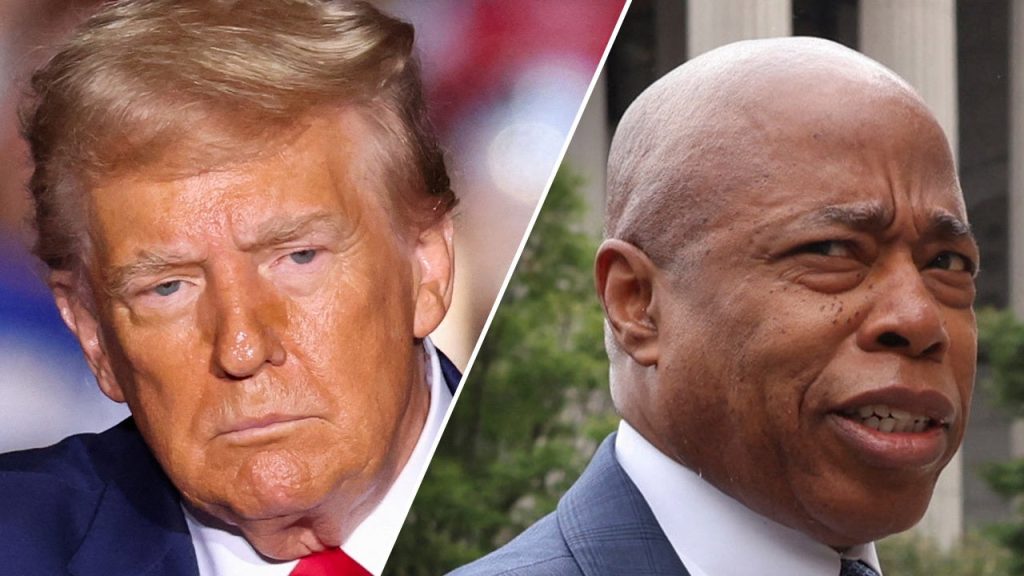A former federal prosecutor who successfully prosecuted a corruption case against former Detroit Mayor Kwame Kilpatrick believes that New York City Mayor Eric Adams is adopting a defense strategy influenced by former President Donald Trump. Adams is facing corruption charges and has aggressively filed motions to dismiss charges against him, as well as motion seeking an investigation into leaks from the Justice Department that have damaged his public image. This tactic is aimed at shaping public opinion and defining the narrative of the case in a similar way to a political campaign. By attacking the prosecution and causing delay in the proceedings, Adams is following a strategy of denying and defending.
Critics have raised concerns that the charges against Adams may be politically motivated, similar to perceptions around the charges brought against Trump. Adams has accused the Justice Department of targeting him and his associates in retaliation for his criticism of the Biden-Harris administration on border security. The defense strategy of denying and defending, as well as attacking the prosecution to put them on the defensive, is not only beneficial from a public relations standpoint but also advantageous in legal proceedings. By forcing delays in the trial, the defense can gain an advantage in a battle of attrition, with the hope that the prosecution will be put on the defensive.
Questions about the impartiality and motives of the U.S. Department of Justice have been raised before, particularly in cases involving political figures. Despite denials from prosecutors, including U.S. Attorney for the Southern District of New York Damian Williams, that political motivations are driving the case against Adams, the perception of bias can still influence the outcome. While the government’s motives may not ultimately matter if a crime has been committed, the defense strategy of shaping public opinion and influencing the jury pool through a publicity campaign could impact the case.
Former federal prosecutor Mark Chutkow emphasized that the focus should be on whether or not a crime was committed, rather than why the government chose to prosecute. However, he acknowledged that influencing the jury pool through public statements and publicity campaigns is a common tactic in high-profile cases involving public officials. Controlling out-of-court comments and balancing free speech rights with concerns about contaminating the jury pool can be a challenge for judges in such cases. Adams, who could face significant prison time if convicted of all charges, is utilizing a defense strategy that aims to shape public opinion and potentially impact the outcome of the case.
The defense strategy being employed by Adams in his corruption case is reminiscent of tactics used by former President Trump and other high-profile figures facing legal challenges. By aggressively attacking the prosecution and shaping public opinion through a publicity campaign, Adams is seeking to gain an advantage in the legal proceedings. While questions about the impartiality of the Justice Department and potential political motivations behind the case have been raised, the focus remains on whether or not Adams committed the crimes he is accused of. Ultimately, the strategies employed by both the defense and prosecution will play a significant role in shaping the outcome of the case against the embattled New York City mayor.


